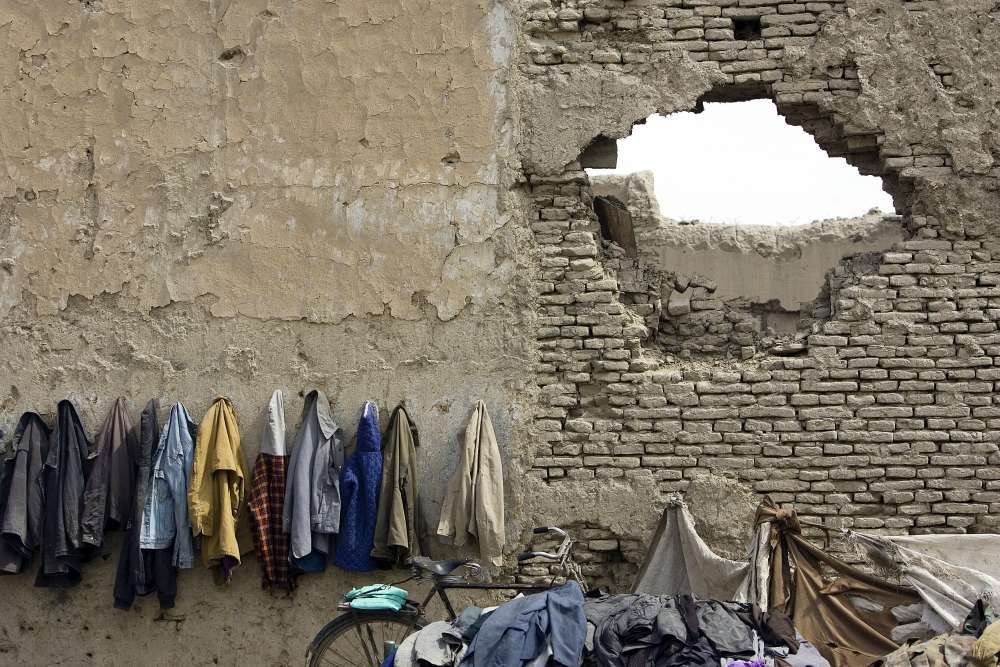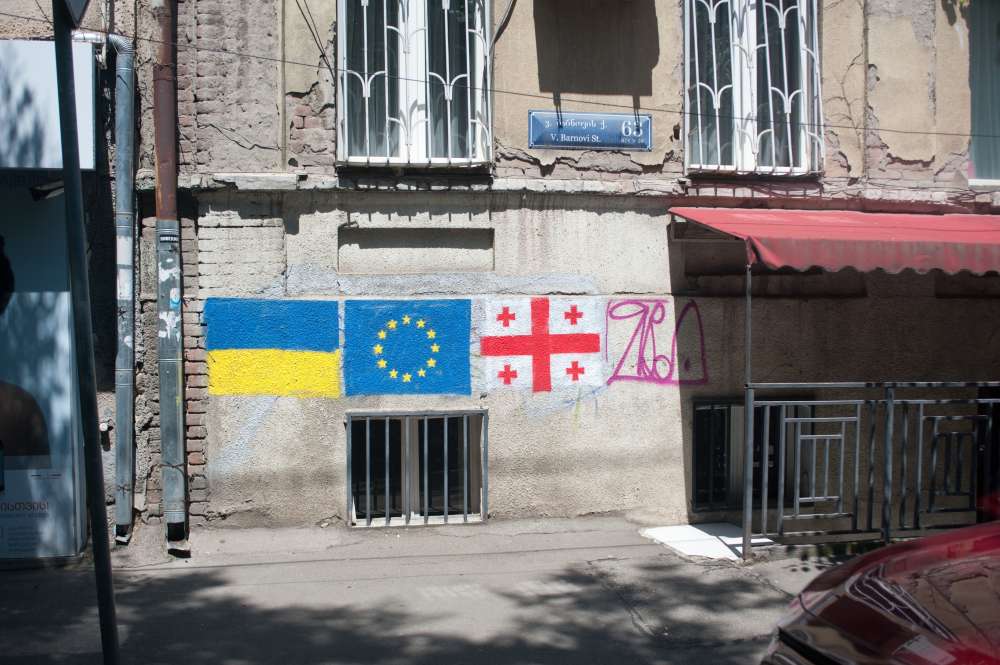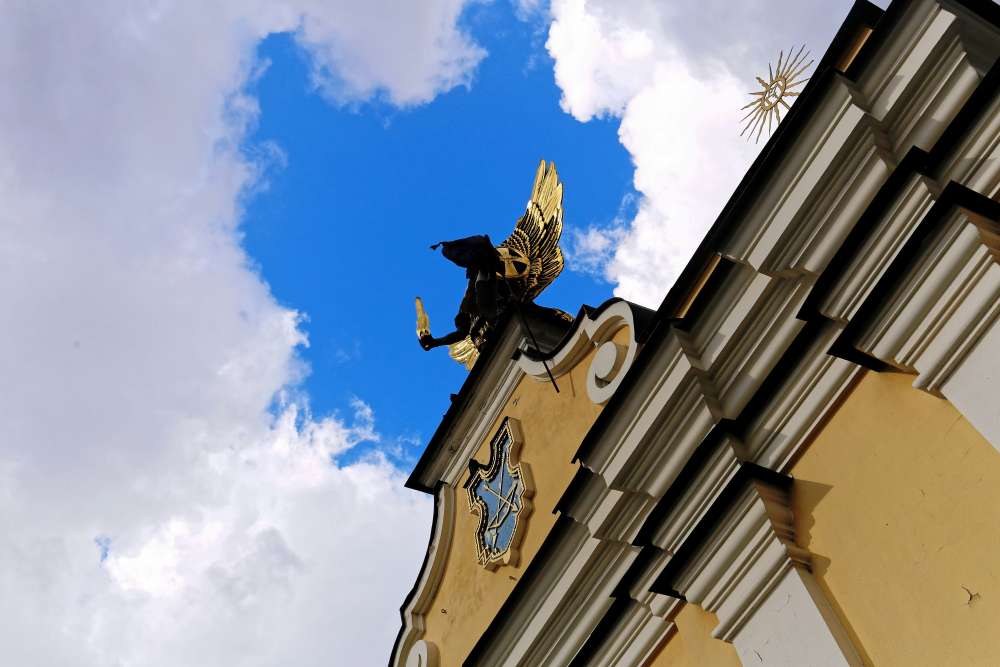German Return to UN Peacekeeping?

Now that Germany has joined the fight against the Islamic State in Syria, its planned deployment of troops to Mali has fallen into the background even more. But the United Nations’ peacekeeping operation in Mali is a critical component of the peace process currently underway in the West African country. As the first step of Germany’s long-term return to participation in UN peacekeeping missions, the German government should include the UN in next year’s Bundeswehr white paper, which will determine German security policy for years to come.
The German government, which recently backed French President François Hollande’s military coalition against the Islamic State in Syria, has plans for yet another mandate abroad. Germany will likely dispatch up to 650 soldiers to Mali, including scouts, security personnel and paramedics. It would be one of the Bundeswehr’s largest deployments overseas.
The West African country has been in danger of sliding into chaos for years now. In 2013, France led a counter-insurgency operation against Islamic terrorist groups that had conquered large parts of the country. The UN subsequently dispatched a peacekeeping mission, which is now at 56 fatalities, making it one of the UN’s most dangerous deployments. Not only are the peacekeepers charged with monitoring a ceasefire arrangement between the government and separatist groups in Northern Mali, but they also have the ambitious goal of stabilizing the country and promoting national reconciliation.
Germany’s participation in the peacekeeping mission was originally envisaged as replacing that of the Dutch, whose scouts play a key role in the mission. Following the Paris attacks in November, however, the German ministry of defense suddenly changed its justification for the mission to supporting France in the fight against Islamic extremism. Simultaneously, the Islamic terrorist attack on a hotel in the Mali capital of Bamako brings to sharp relief Mali’s continued dependence on the international community. The peace process is likely to fail without the help of outside peacekeepers.
But Mali is not the only country that would benefit from more German peacekeepers. UN peacekeeping operations, charged with promoting peace and security around the globe, boast over 100,000 personnel working on the ground, but they have been facing increasing pressure over the years. As originally conceived, the system was meant to monitor peace accords between states. But nowadays, the tasks of UN peacekeepers range from actively combatting armed groups to protecting civilians and even attempting to stabilize entire states.
Due to the reluctance of the international community to participate in UN peacekeeping, the missions are often too poorly equipped to achieve their ambitious objectives. To address this problem, 50 nations pledged 30,000 additional troops at the UN peacekeeping summit in September. At the time, German Foreign Minister Frank-Walter Steinmeier stated, “Conflict resolution without the peacekeeping operations of the United Nations is inconceivable in light of the many crises and conflicts around the world.”
Despite such professions, Germany currently contributes only 0.2 percent of the UN’s uniformed personnel and consistently avoids making a long-term military commitment to peacekeeping operations. At the peacekeeping summit in New York, countries like Italy or Spain proved to be more active in pledging contributions, triggering the ongoing debate about a European return to UN peacekeeping. There is an urgent need for such a return. Twenty years ago, the European share of UN peacekeepers was 40 percent; now, it is only seven. European states possess high technological capabilities, which are crucial in asymmetrical conflicts such as Mali, and the high demands they make of the missions can lead to improved UN operations. The Europeans, in turn, can take away valuable lessons for other conflicts by participating in civilian-led missions that stress political solutions over military fixes.
Therefore, the German deployment to Mali must not be an exception. Instead of following its allies on occasion (as most recently seen in Lebanon in 2006), Germany should reevaluate its stance on participation in UN peacekeeping missions and prioritize them in the Bundeswehr’s future. This requires German security policy to make a firm commitment to peace operations. The white paper planned for 2016, which will determine the strategy of the Bundeswehr for years to come, provides the ideal opportunity for this. Moreover, the general conditions are favorable: UN peace operations match the defense doctrine of the German military; three-quarters of the German public believe that participation in internationally agreed-upon peace operations is justified; and recent polls show a significant increase in support for more-active foreign policies. The German government’s greater prioritization of, and long-term strategic approach towards, peacekeeping would align with this trend. Among other things, this would allow an adjustment of the Bundeswehr’s ramshackle equipment to the needs of the United Nations.
Quite crucially, a greater contribution to UN peacekeeping will prepare the foundation for Germany to play a more credible role in the debate about reforming the peacekeeping system. In the past, missions often did not live up to the international community’s expectations due to the broader range of tasks as well as deployments to more dangerous conflicts. To avoid this, actors must improve their coordination with each other, and strategies must match the available resources. In light of the planned deployment to Mali, Germany may be able to join this discussion and thus contribute to future UN peace operations that actually achieve their objectives.
…
This is an updated version of a commentary originally published by Frankfurter Rundschau on December 29, 2015.







